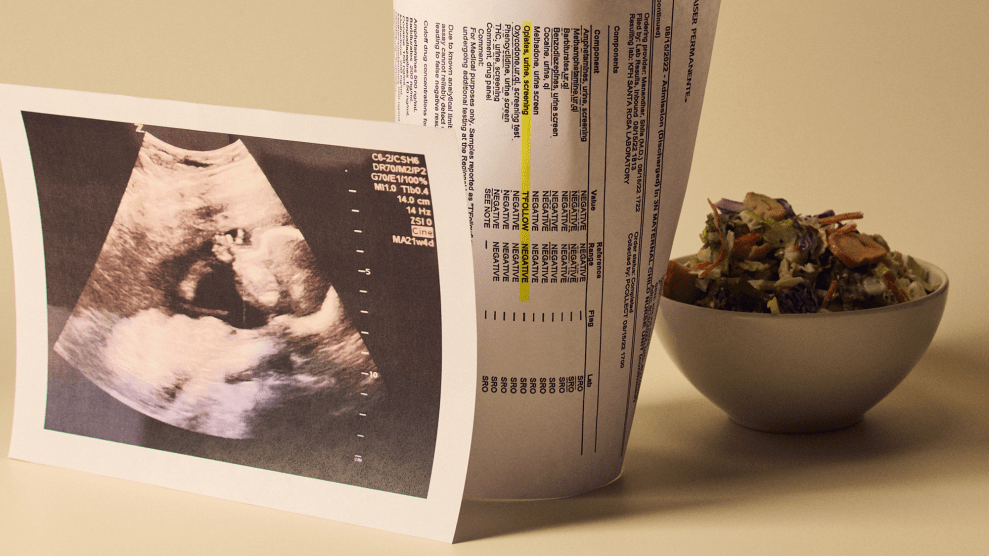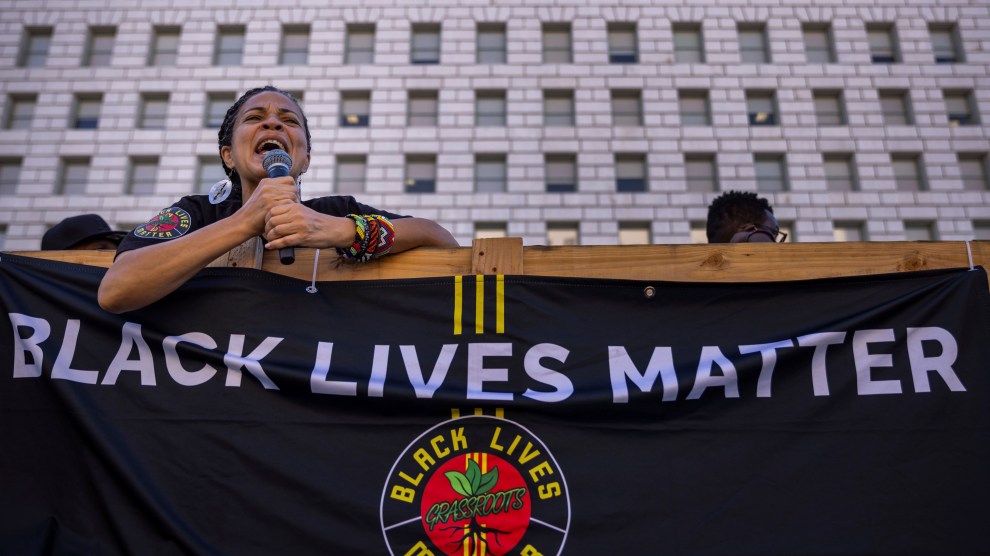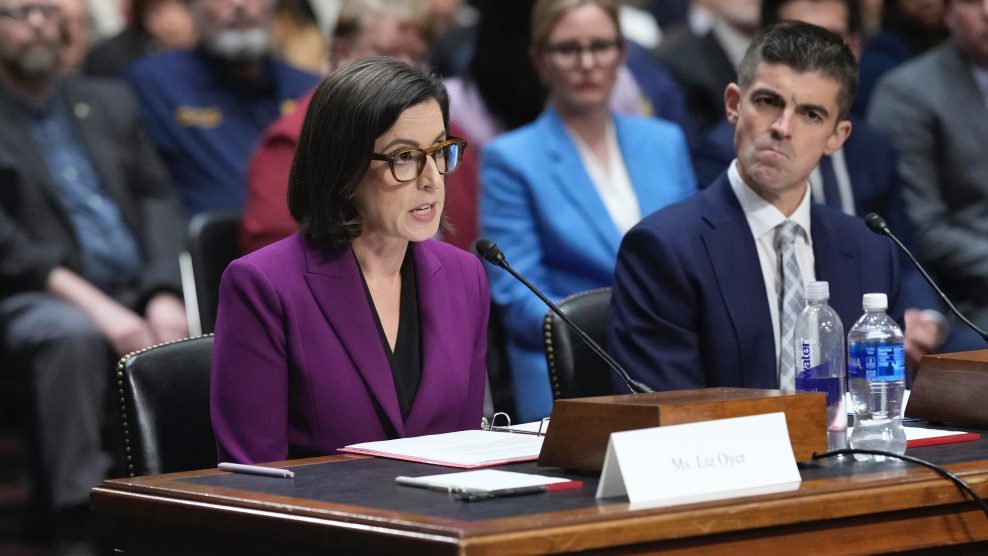Jonah Goldberg is outraged that there continues to be no outrage over the endless IRS “scandal.” Most of his column is the usual collection of misleading innuendo, but there is one new item: the IRS’s claim that Lois Lerner’s computer crashed in 2011 and thousands of her emails were lost. That does sound pretty fishy:
So now the IRS claims that a computer crash has irrevocably erased pertinent emails (an excuse I will remember when I am audited). National Review’s John Fund reports that the IRS’ manual says backups must exist. If emails — which exist on servers, clouds and elsewhere — can be
destroyed this way, someone should tell the NSA that there’s a cheaper way to encrypt data.
Far be it from me to doubt the word of John Fund, but perhaps Goldberg should instead have read the Washington Post yesterday. The explanation for the crash, perhaps surprisingly, turns out to sound pretty plausible. Basically, the IRS keeps six months worth of email backups on tape, so when congressional investigators started asking for email records in mid-2013, backups were available only through late 2012. Lerner’s computer crashed in mid-2011, so everything prior to that was lost because it existed only in local files on her PC. The IRS has since tried to recover Lerner’s emails from the PCs of people she sent emails to, but that was only partially successful.
Nothing here sets off alarm bells to me. The key question, I think, is whether the IRS has contemporaneous documents showing that Lerner’s computer crashed in 2011 and attempts to recover her hard drive failed. And they do. This is well before the scandal broke, so it would take a pretty Herculean brand of conspiracy theorizing to imagine that this was somehow related to the scandal. Either Lerner deliberately crashed her hard drive because she suspected her actions might prompt an investigation two years later, or else the IRS has faked a bunch of emails from 2011 between Lerner and the IT team trying to recover her hard drive.
There’s also, as Steve Benen points out, the fact that Congress is mostly concerned with Lerner’s behavior in the election year of 2012. If the IRS were involved in a cover-up, faking a hard drive crash that destroyed emails from 2010 and 2011 is a pretty incompetent way of doing it.
So, anyway, that’s where the outrage is. Most of us concluded long ago that regardless of whether IRS policies were correct, the evidence pretty strongly suggests that they were bipartisan, targeting political groups on both left and right. There’s just no scandal there. At most there’s bad judgment, and probably not even that. Likewise, Lerner’s hard drive crash might turn out to be a scandal, but so far it sure doesn’t look like one.


















